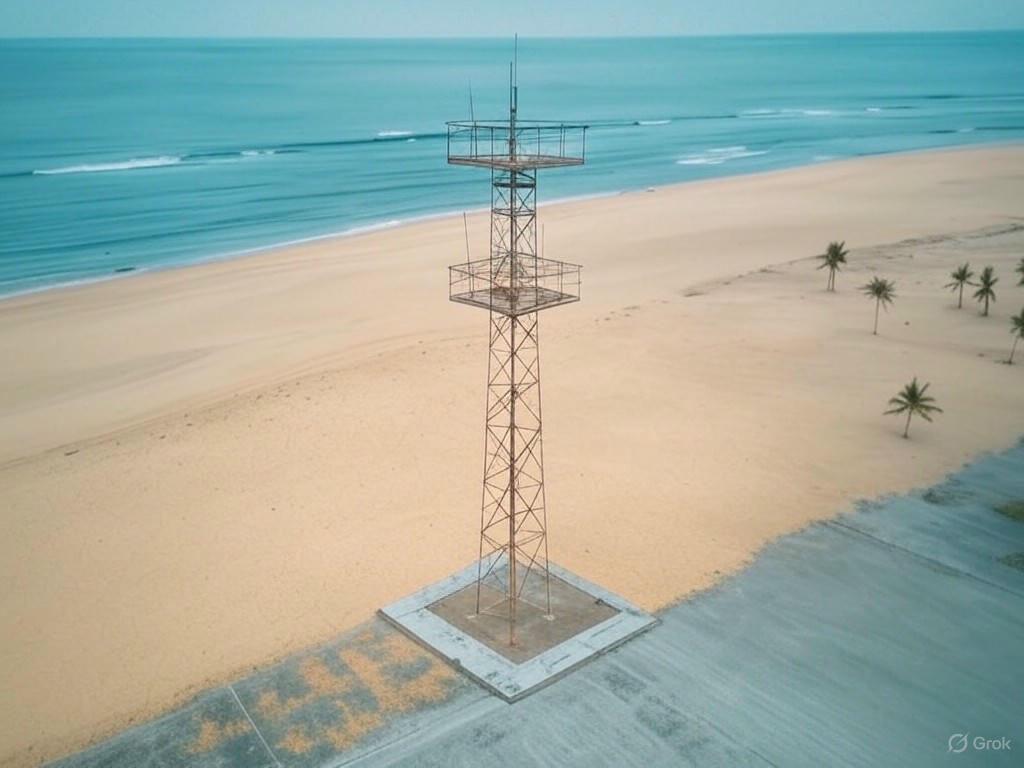Indonesia, a nation prone to natural disasters due to its location on the Pacific Ring of Fire, has been actively enhancing its tsunami early warning systems. With the aim of improving safety and preparedness, the government has invested in advanced technology for detection and alert systems, particularly in high-risk areas such as Bali.
The Importance of Early Warning Systems
Tsunamis pose a significant threat to Indonesia, with the country experiencing several devastating events in recent years. The need for effective early warning systems is critical to minimizing loss of life and damage to infrastructure. These systems are designed to detect potential tsunamis and issue timely alerts, allowing residents and tourists to evacuate to safer areas.

Technological Advancements in Detection
Indonesia's approach to tsunami detection involves a combination of seismic sensors, sea level monitoring devices, and satellite technology. These tools work together to provide real-time data, which is crucial for accurate tsunami predictions. The government has partnered with international organizations to upgrade its detection systems, ensuring that they meet global standards.
Alert Systems and Public Safety
Once a potential tsunami is detected, the alert system springs into action. Sirens, mobile phone alerts, and broadcast messages are used to inform the public. In Bali, where tourism is a major industry, the government has placed a strong emphasis on ensuring that both locals and visitors are well-informed about evacuation procedures.
Government Initiatives and Community Preparedness
The Indonesian government has launched several initiatives to enhance community preparedness. These include regular drills, educational campaigns, and the establishment of safe evacuation routes. By fostering a culture of preparedness, the government aims to reduce the impact of future tsunamis.

Challenges and Future Prospects
Despite these efforts, challenges remain. Ensuring that all regions, especially remote areas, are adequately covered by early warning systems is a significant task. Additionally, the government must continue to invest in technology and training to keep pace with evolving threats.
Looking ahead, Indonesia is committed to further improving its tsunami early warning systems. With continued investment and international cooperation, the nation hopes to enhance its resilience against these natural disasters.
In conclusion, Indonesia's focus on advanced technology, effective alert systems, and community preparedness is crucial for enhancing safety and mitigating the impact of tsunamis. As the government continues to refine its strategies, the hope is that future events will result in fewer casualties and less damage.